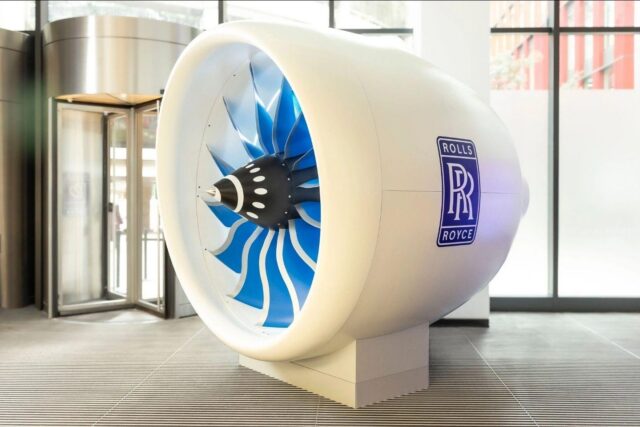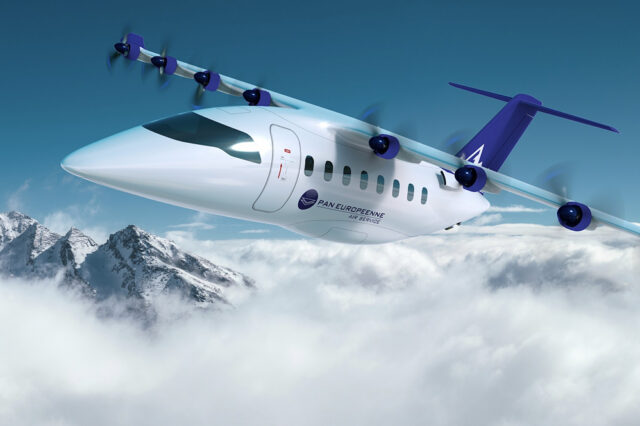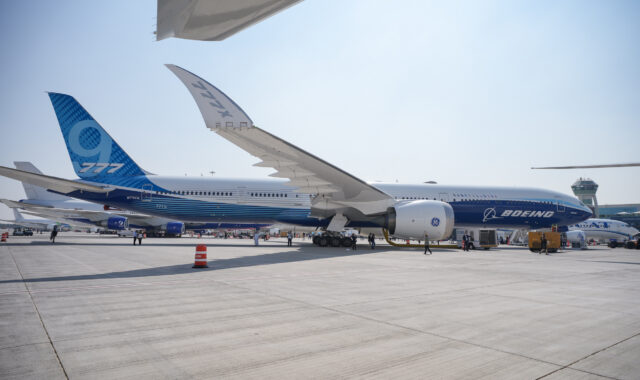Brazil signs Fuel of the Future programme into law
October 9, 2024

Brazilian president Luiz Inácio de Silva has signed a national ‘Fuel of the Future’ law, previously approved by the Brazilian Congress, into law.
As approved by the lower house of Brazil’s National Congress in March 2024, the bill – alongside establishing ethanol and biodiesel blending increases for commercial gasoline and diesel – will also create a new mandate for SAF. Starting in 2027, airlines will also be required to reduce their emissions 10% by 2037. The bill was approved by 429 to 19; a large majority.
“The main goal of the Fuel of Future Program is to propose measures to increase the use of sustainable and low carbon intensity fuels, as well as the development of national vehicle technology with purpose to decarbonise the transport matrix,” explained the Brazilian government.
Embraer CEO Francisco Gomes Neto praised the decision, stating: “Our country is already a global leader in biofuels and now well-equipped to be a leader in sustainable aviation fuel…. This value chain will generate employment, income, technology and exports for the country and expand Brazil’s contribution to mitigating climate change”.
S&P Global Commodity Insights explained that SAF was first regulated in Brazil in 2019 via the National Agency of Petroleum, Natural Gas and Biofuels (ANP), with an update made in 2021. Authorised SAF production pathways are the same as those for biofuel and green diesel, incorporating the HEFA pathway to process products such as vegetable oil, animal fat and biomass into fuel; a SAF production pathway it estimates will dominate 97% of global SAF production in 2024.
“With these possible pathways, Brazil will have to strategically ensure feedstocks to produce both SAF and green diesel, especially considering the country’s dependence on sugarcane to produce ethanol and soybean oil to produce biodiesel,” concluded S&P Global.
















